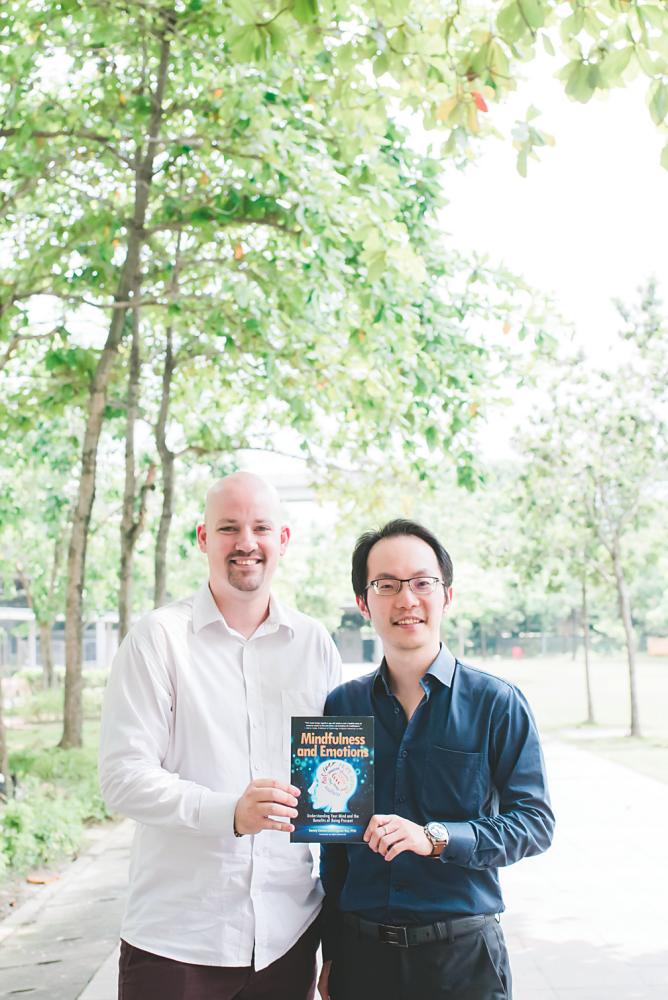According to a 2010 Harvard study, we spend almost half of our waking hours with our mind somewhere other than the present. That study also proved that a wandering mind is often an unhappy mind. Life can often be hectic, and in juggling its challenges and demands, our brains often go on autopilot. What we don’t realise is that this often indirectly causes even more stress, anxiety and unhappiness.
The practice of mindfulness goes way back to the early Buddhist teachings. It began getting global attention sometime around the 1970s. Defined simply, mindfulness is the psychological process of heightening one’s awareness of what’s happening in the present, usually achieved through mediation and other forms of training. When properly cultivated, mindfulness can benefit an individual in many ways, including reducing stress and anxiety. It may also help with depression.
Alexander (Sandy) Clarke, a practitioner of mindfulness, who is currently pursuing his Master’s in Professional Counselling at Monash Malaysia, together with Dr Eugene Tee, a researcher of emotions, believe that the solution to this state of mindlessness that plagues our society is mindfulness.
Combining Sandy’s insights from his 15 years of stays at the Amaravati Buddhist Monastery and Eugene’s detailed understanding of the human psyche as a senior lecturer in psychology - their book Mindfulness and Emotions: Understanding Your Mind and the Benefits of Being Present - describe in detail the origins, benefits, challenges and the various procedures involved in pursuing mindfulness.
It also addresses various misunderstandings and misconceptions surrounding it, such as the belief that you have to be a Buddhist to practice it. The book also provides insights on how our brain and our emotions function, from a psychological standpoint. Both the authors believe that with this understanding, we will be able to better understand the concept of mindfulness and gain more out of it.
“In Malaysia, 70% of workers have reported work-stress related illnesses due to the increasing demands of the workplace; and four in every 10 Malaysians (over 12 million
people) will experience some form of mental ill-health at some point in their lifetime — a number which is expected to rise,” shared Clarke.
“Rather than be at the mercy of your automatic excessive thinking and impulsive emotions, wouldn’t it be nice if you were a little more aware of your thoughts, feelings and behaviours? Wouldn’t it be wonderful to be more perceptive of the environment around you, along with being in control of your emotions before you act upon them?
“This is what mindfulness can help you do. Mindfulness — being alive to the present and cultivating non-judgemental responses to our internal and external circumstances — can help quieten your wandering mind and put you in the driver’s seat of your reactive and potentially destructive emotions,” Tee said.
The article above was sent in from Monash University Malaysia. For more information on programmes at Monash University Malaysia, please visit www.monash.edu.my













